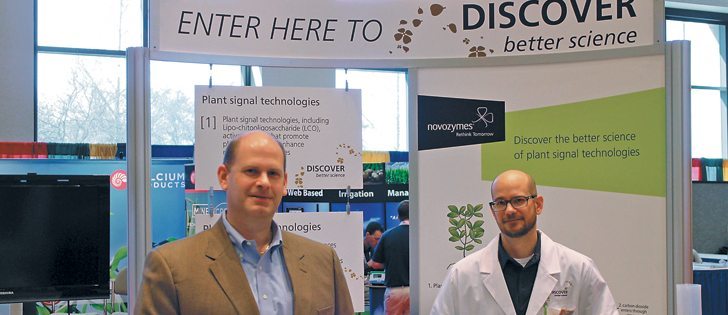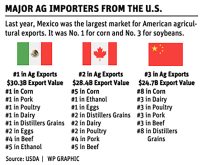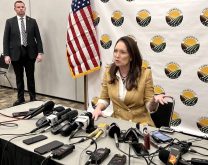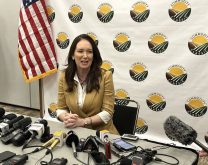Monsanto/Novozymes deal | Major seed companies are adding biological products to their lineups
SAN ANTONIO, Texas — An alliance between Monsanto and Novozymes will result in a broader array of thoroughly tested biological products for farmers, says a senior Monsanto executive.
“We will innovate,” said Brad Griffith, vice-president of global commercial microbials with Monsanto.
“You will see more products from us. You will see a lot more products from us. There is no question in my mind.”
The company paid $300 million to gain access to Novozymes’ extensive lineup of biological products, such as TagTeam, Optimize and QuickRoots.
Read Also
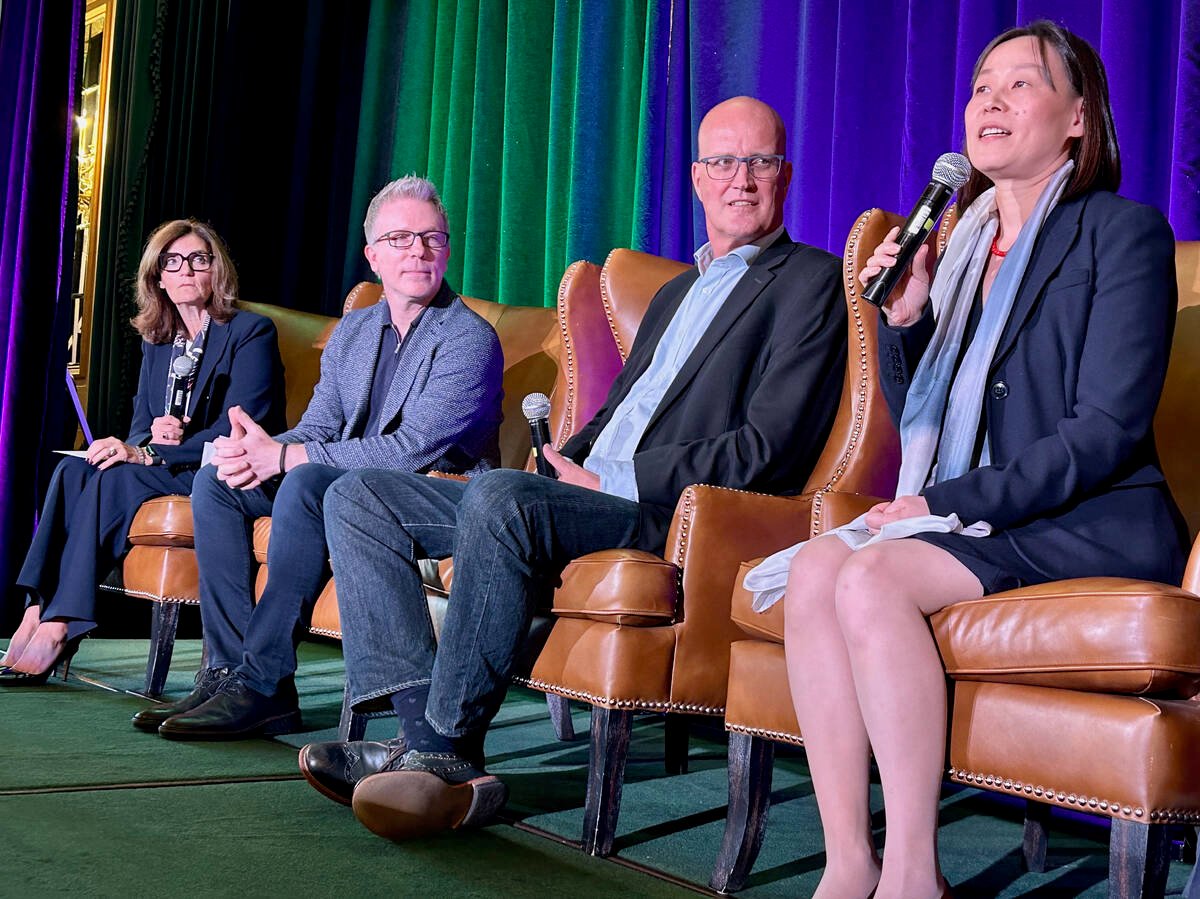
New program aims to support plant-based exports to Asia
Understanding the preferences of consumers in Taiwan and how they differ from Indonesia or Malaysia isn’t easy for a small company in Saskatchewan.
The two companies will split research expenditures and profits 50-50.
Griffith said the deal will lend credibility to a segment of the agriculture business that has traditionally been met with considerable farmer skepticism.
“What growers are going to get from us is, we’re going to test this stuff like you’ve never seen products tested before,” he said during an interview at the 2014 Commodity Classic conference.
Monsanto’s expansive field testing program would wrap around the world 2.6 times if the fields were laid end-to-end.
“So we’re not experimenting on (farmers’) fields. That’s the first thing (farmers) need to know. When they get a product from Monsanto Bioag, it’s not a science fair project.”
Monsanto launched its agricultural biological platform in 2012. The company has been conducting research in conjunction with third parties and acquired Agradis Inc. in 2013.
The company screened more than 500 strains of microbials last year that were created from those research initiatives. However, until the Novozymes deal, it didn’t have much in the way of product offerings for growers.
Novozymes keeps the manufacturing, fermentation and research components of the business.
Monsanto will continue to fund its own research and will be responsible for marketing and commercializing the product lineup generated from the alliance, including most of the existing Novozymes products.
“We’re going to be working on a global branding look and feel,” Griffith said.
“We’ve got to get rid of the Novozymes colour schematics, for example, and change those to more of a global branded bio-ag strategy.”
Many of the big players in the seed business have entered the biological market through acquisitions in the last few years. For instance, Syngenta acquired Pasteuria Bioscience Inc., BASF bought Becker Underwood and Bayer CropScience purchased AgraQuest Inc.
“Just about everybody is starting to find interest in this space,” said Griffith.
He believes seed technology companies like the systems approach to agriculture, where they can provide farmers with everything from genetics to seed treatments to biologicals.
Companies also like the sustainability aspect of a business that is based on naturally occurring products.
As well, the science has developed to the point where they can prove there is a benefit to growers.
“It’s not going to pencil out every year,” Griffith said.
“It’s no different than your seed treatment technology. They don’t pencil out every year. But over the course of three to five years, there has to be a compelling economic rationale.”
Tom Johnson, founder of TJ Technologies and inventor of QuickRoots, believes there is another reason seed technology companies have embraced biologicals: today’s plant genetics are underused.
“There is more yield in that plant than what they’re able to realize with present technologies. Therein lies that interest.”
He too believes the entrance of players such as Monsanto gives biological products the credibility they previously lacked.
“The problem is that biologicals were extremely inconsistent and quite frankly were oversold,” said Johnson.
It has been a long struggle to convince farmers that a product such as QuickRoots can consistently deliver an extra eight bushels per acre when applied to their corn fields.
“The fact that our technologies are now with Monsanto is a validation of what we spent 20 or 30 years doing,” said Johnson.
“It’s going to be a validation I believe to farmers as well that this biological space is for real.”
Griffith expects U.S. soybean farmers will eventually embrace the products as fully as pulse and canola growers have in Canada.
“We’re going to earn our credibility. We’re going to earn their trust. They’re going to see the economic benefits of these technologies,” he said.




